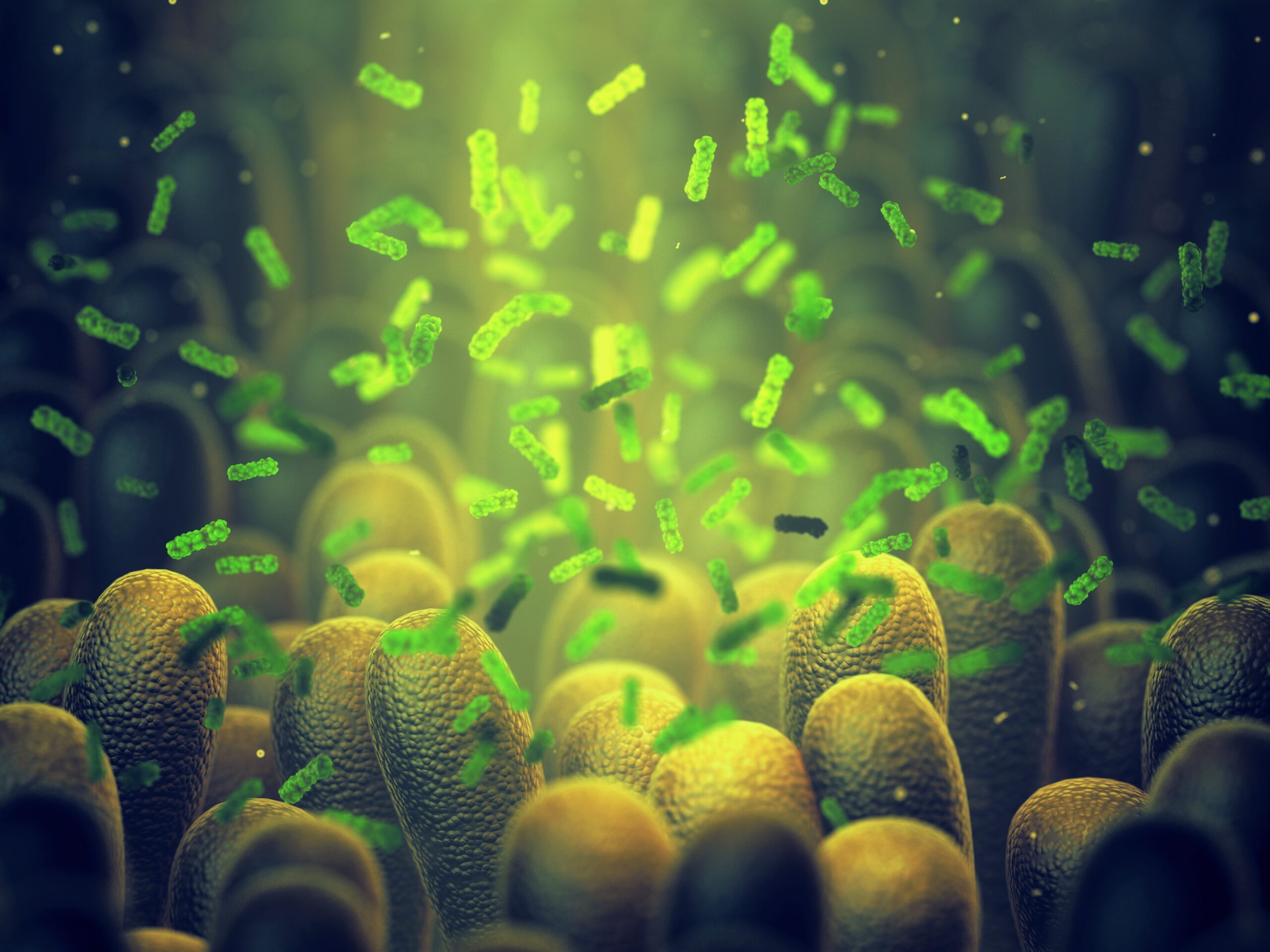

The perfect synergy of enzymes and bacteria through liquefaction of organic material by enzymes and degradation of residues by bacteria in gas and water.
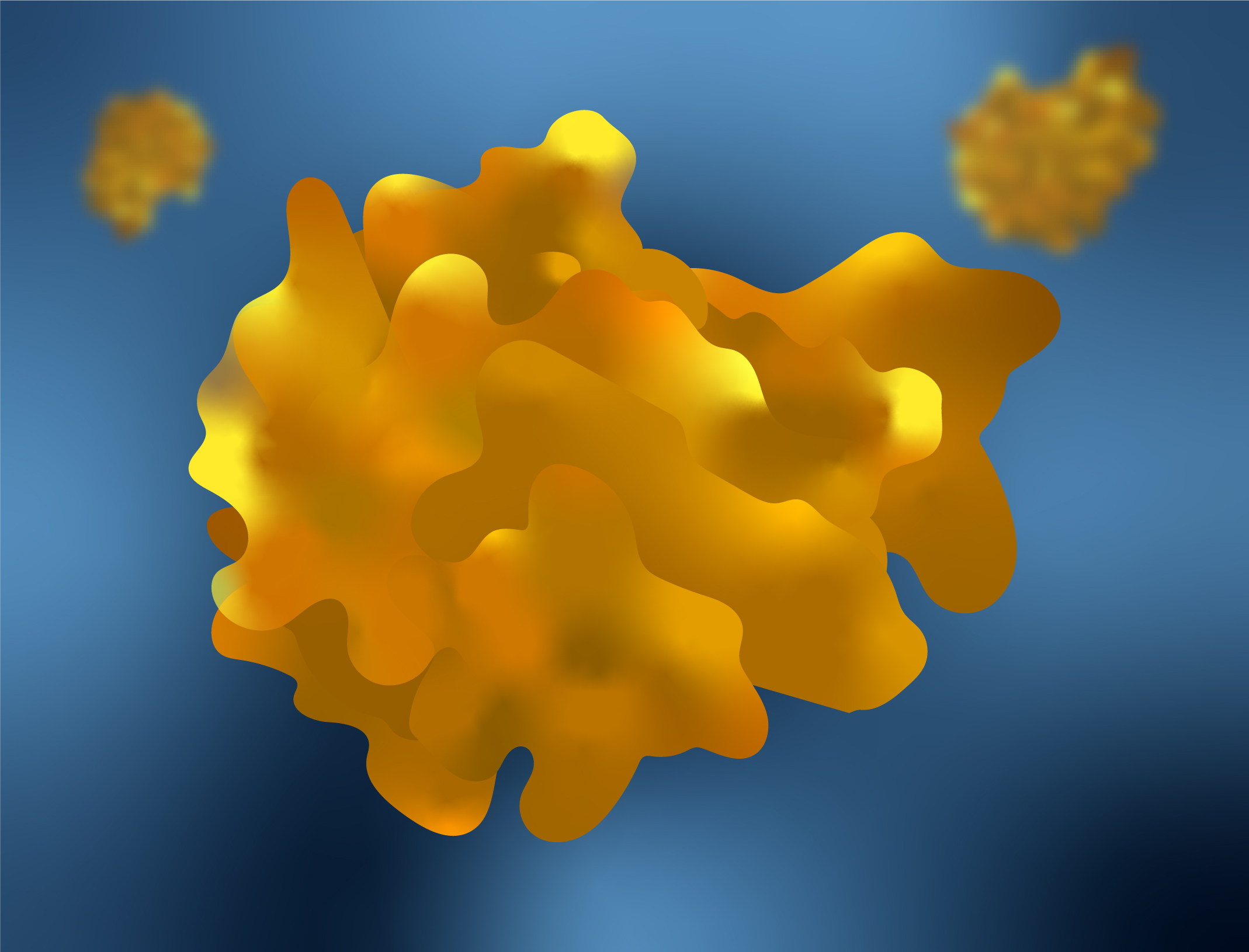
Unwanted organic contaminants (fat, proteins, polysaccharides…)
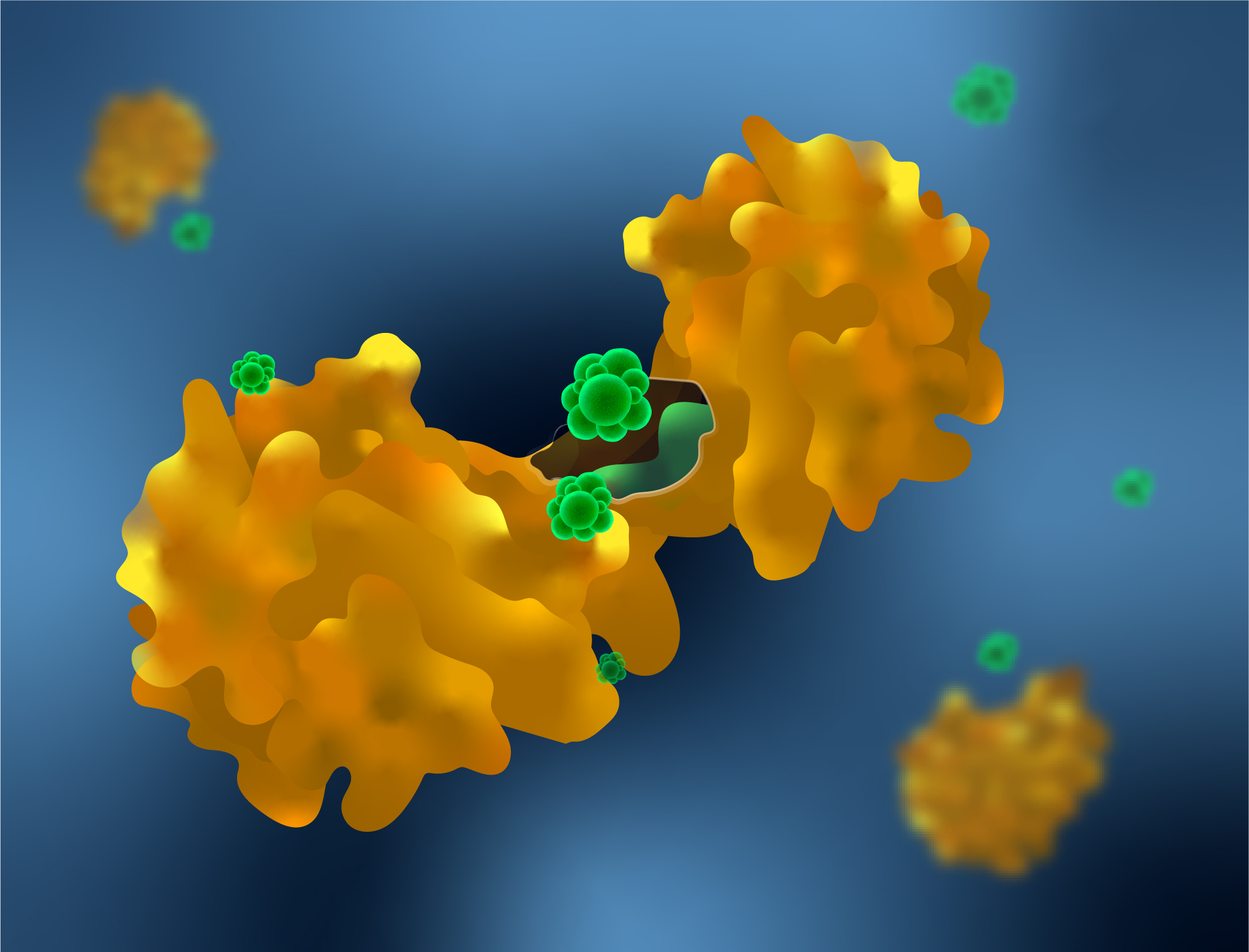
Enzymes break down the long-chain molecules and liquefy the contaminants
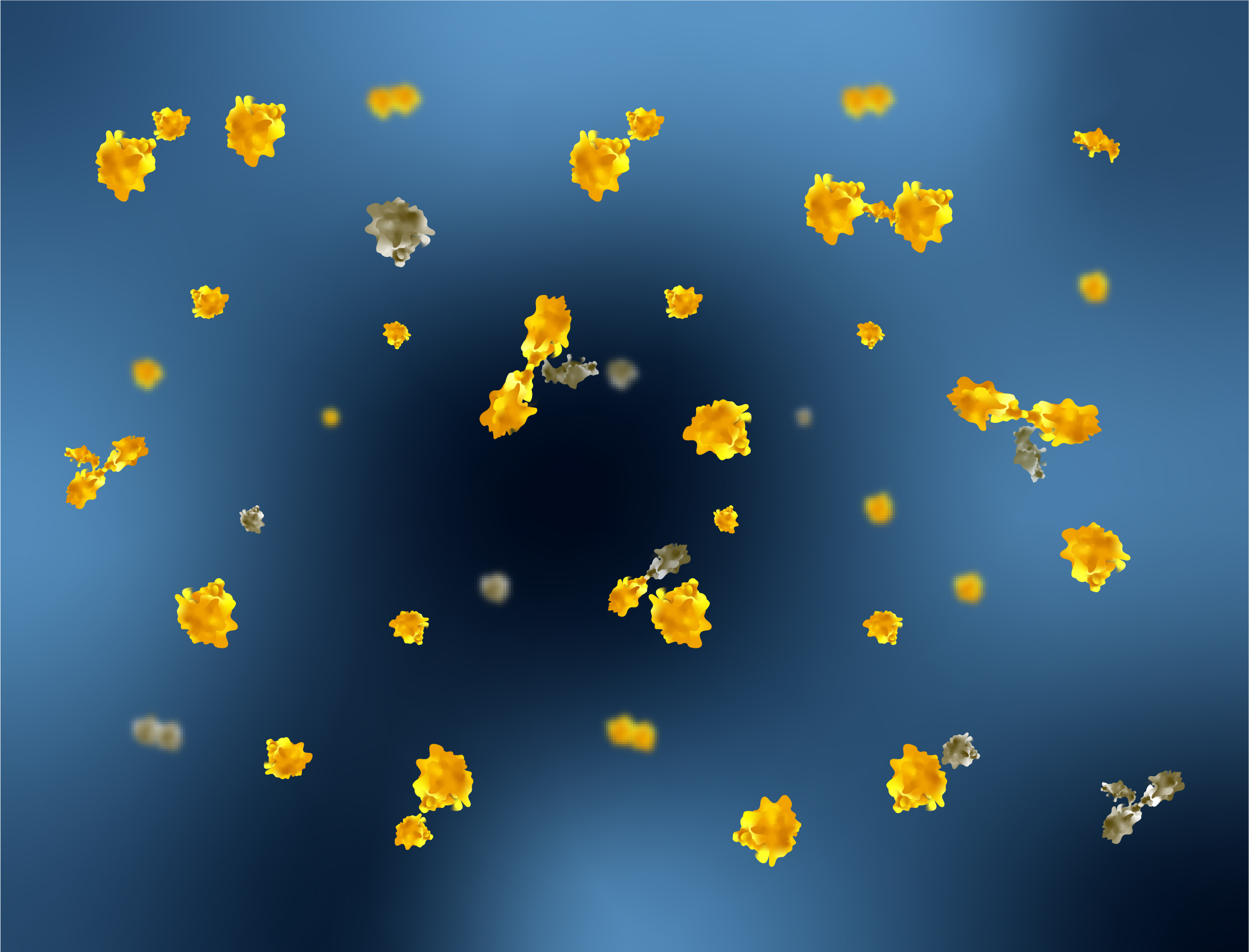
The unwanted substances are liquefied and the bioavailability increases
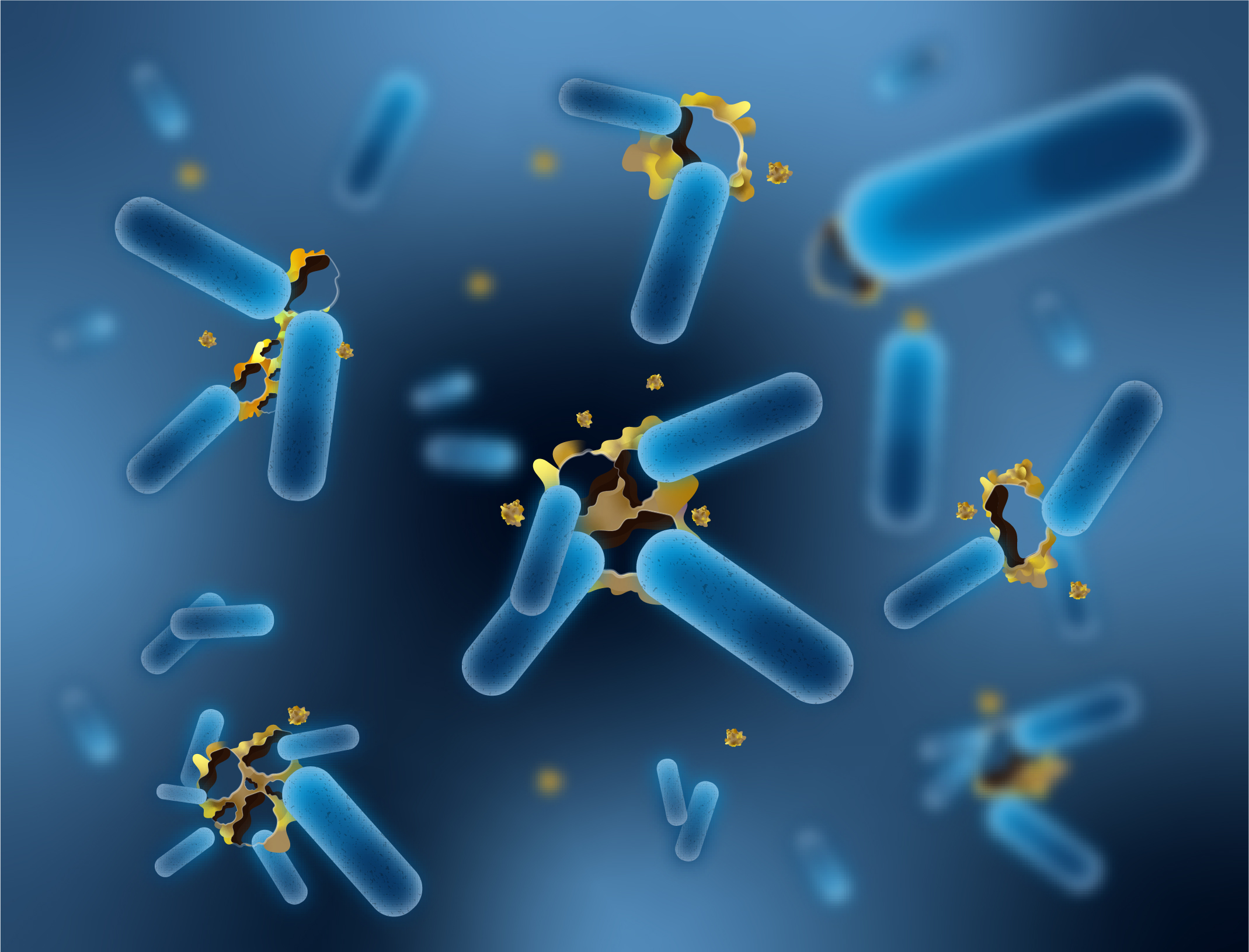
Bacteria metabolise the residues into gas and water
Reactivation and maintenance of cesspools, septic tanks, etc.
…for the trouble-free operation of small sewage treatment plants, cesspits and biological toilets
Enzymatic-bacterial fat degradation in fat separators and wastewater treatment plants
…for the trouble-free operation of grease separators, sewage systems and sewage treatment plants
biological reactivation and maintenance of wastewater treatment plants
…for the trouble-free operation of sewage treatment plants of all sizes
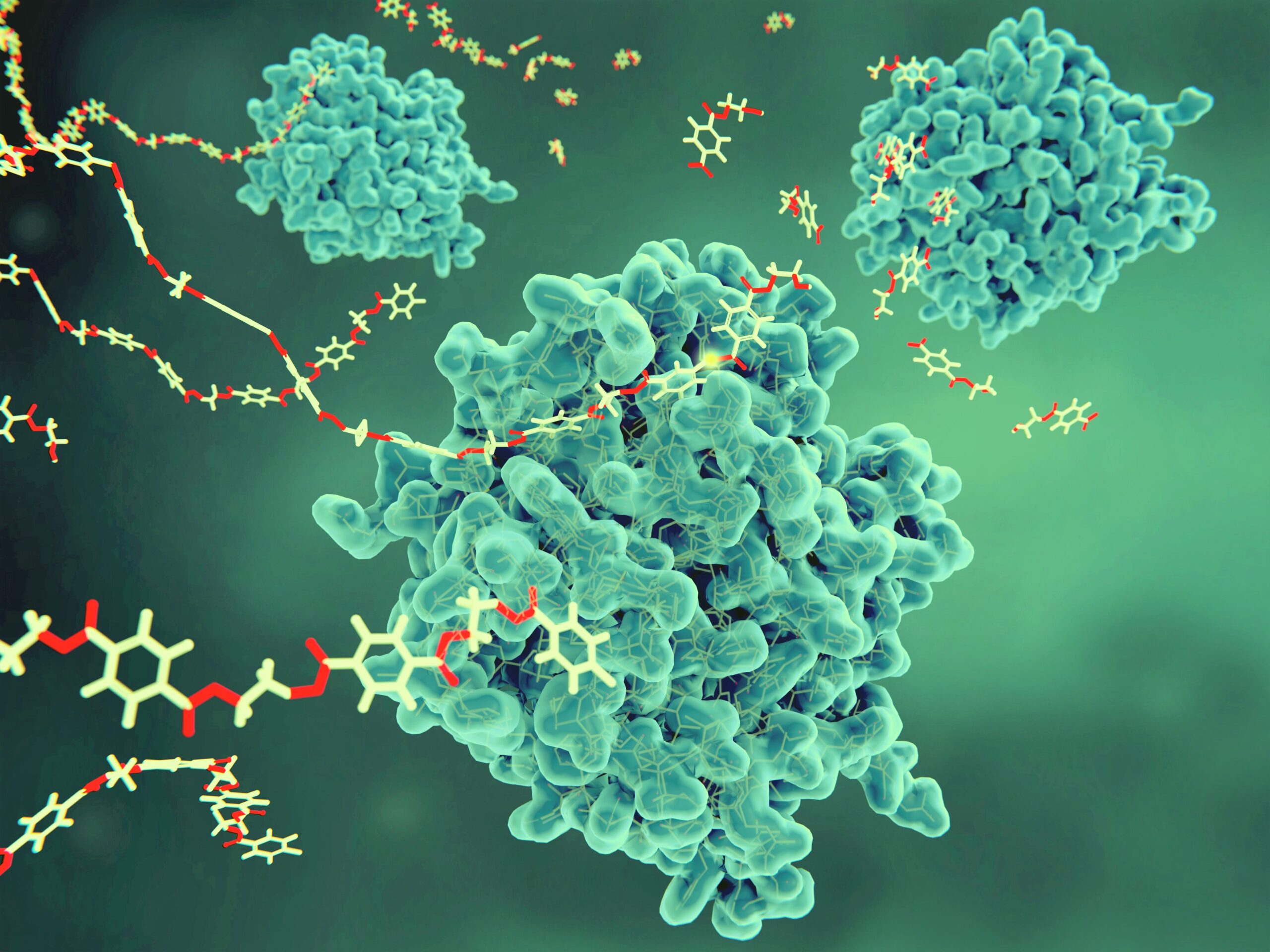
Enzymes (formerly also called ferments) are natural substances. They are special proteins that are able to catalytically break down and liquefy organic materials. They are such complex and large biomolecules that they cannot be chemically reproduced. They are therefore obtained by biosynthesis from biological sources (such as bacteria or fungi). Enzymes are involved in practically all biological degradation and remodelling processes, such as in our digestion, the formation of compost from organic waste or also the production of foods such as cheese, beer/wine or bread.
Bacteria are the simplest form of life on our planet. They consist of a single cell enclosed in a membrane and have their own metabolism. They use organic material to generate energy and thereby break it down into gas, water and elementary building blocks. This effect is visible, for example, in the decomposition of a compost heap or in a sewage treatment plant.
The bacteria used in the felema products are all apathogenic – i.e. they are not able to cause diseases in humans or animals.
